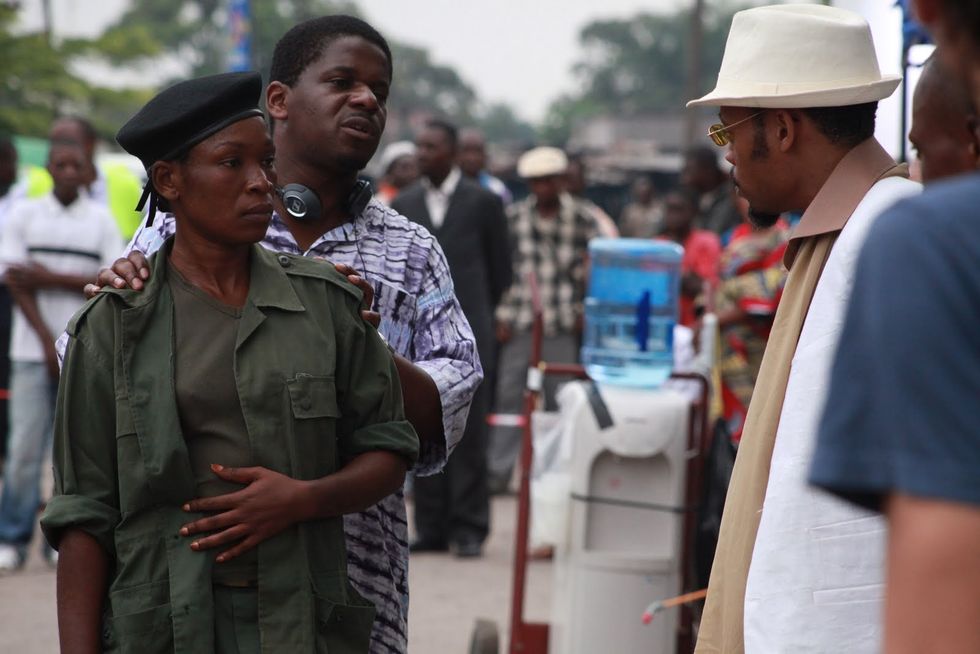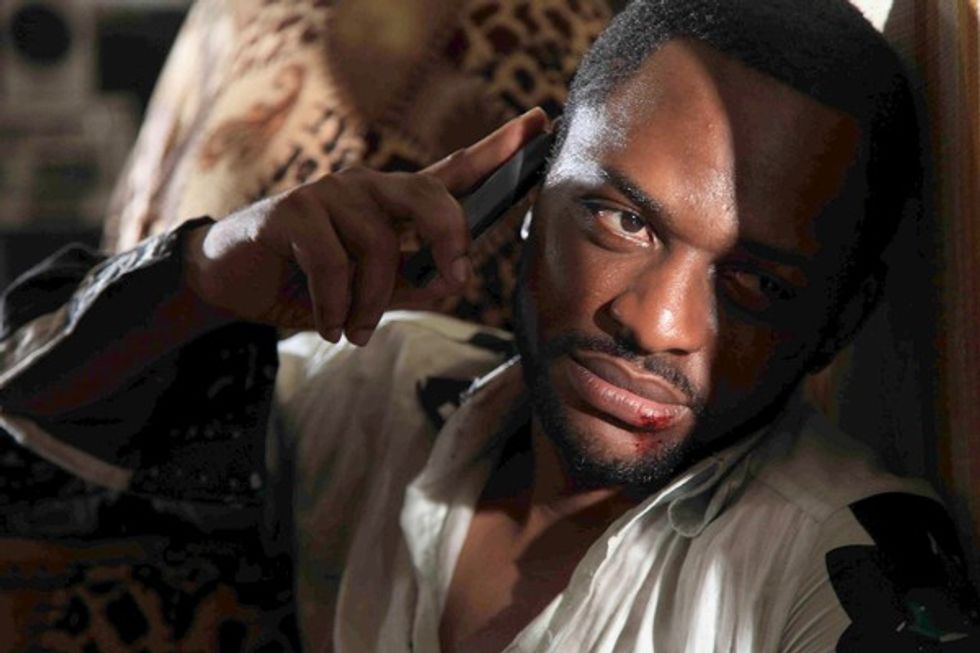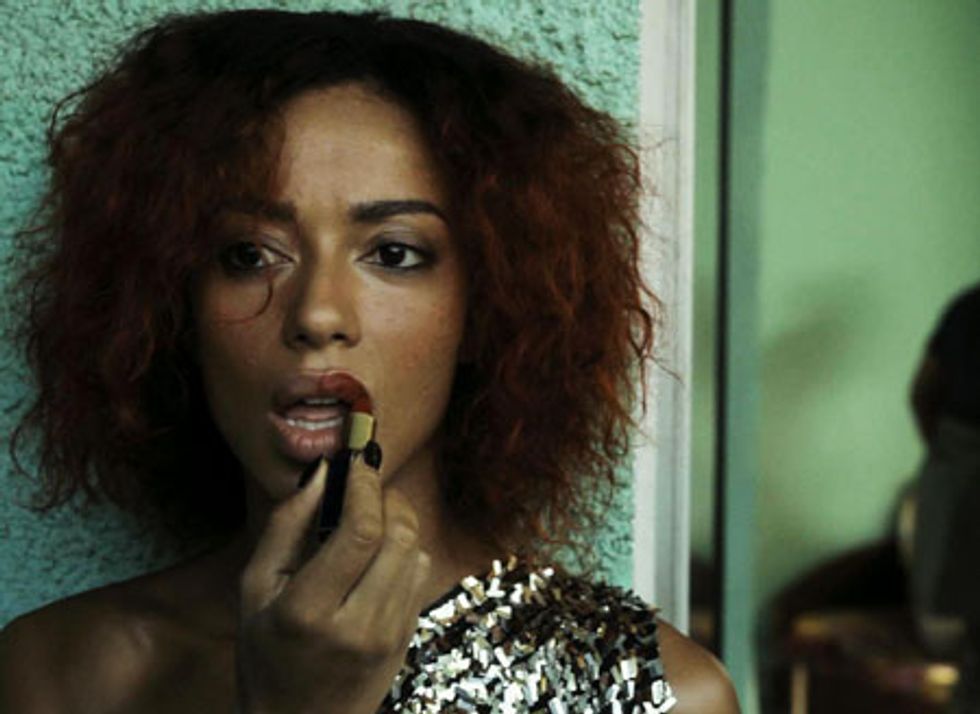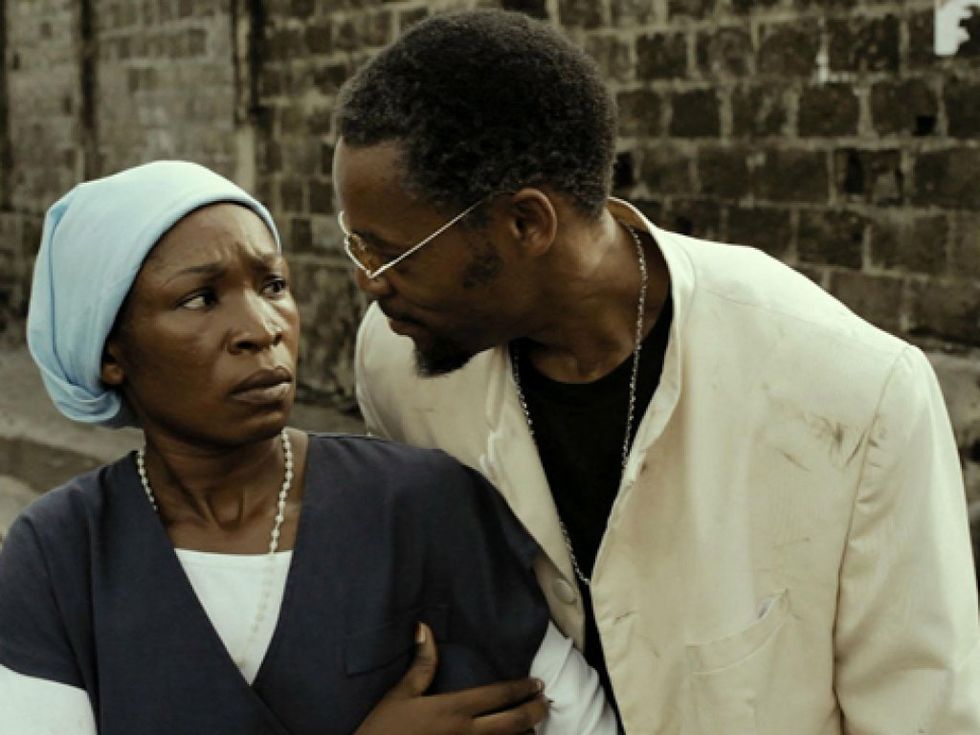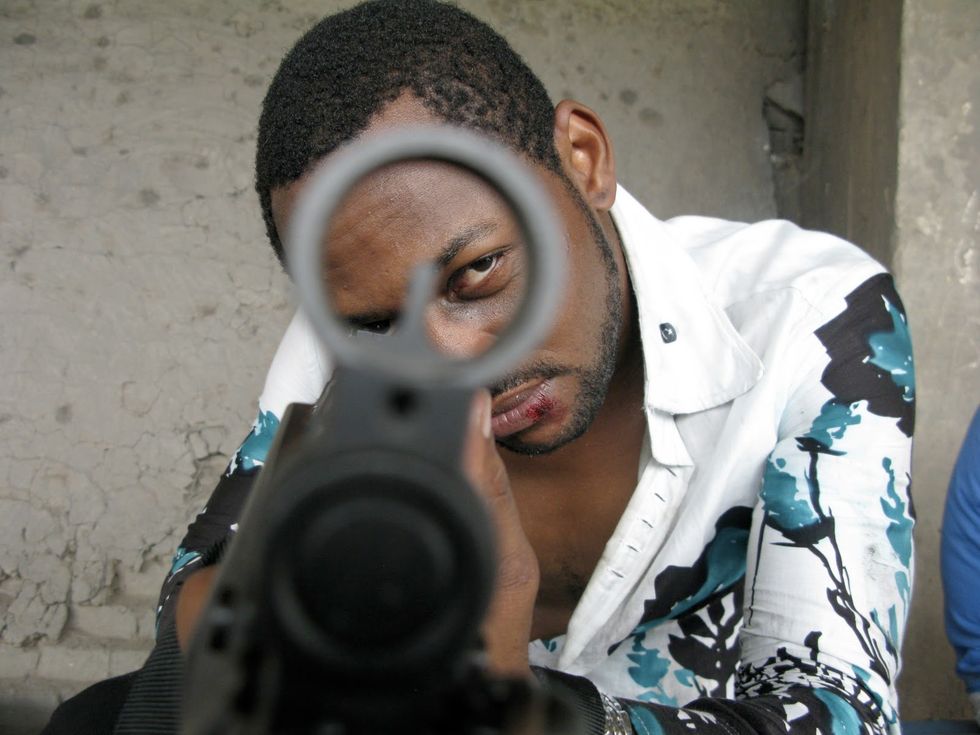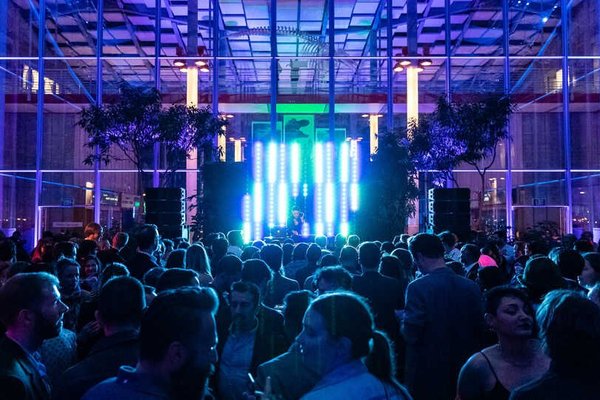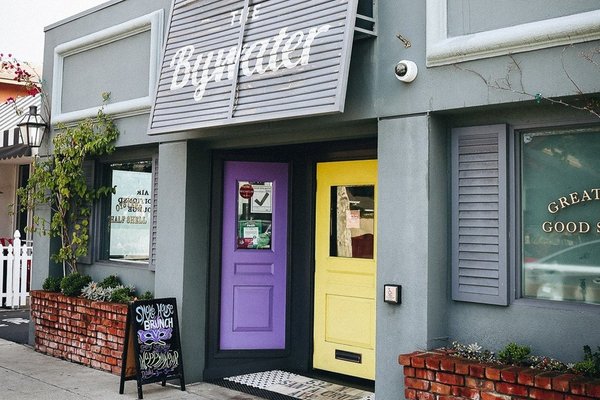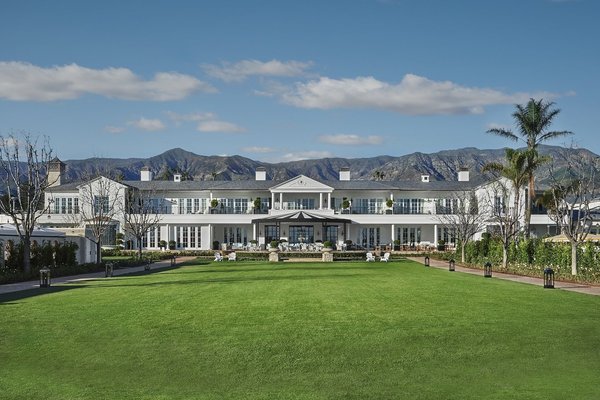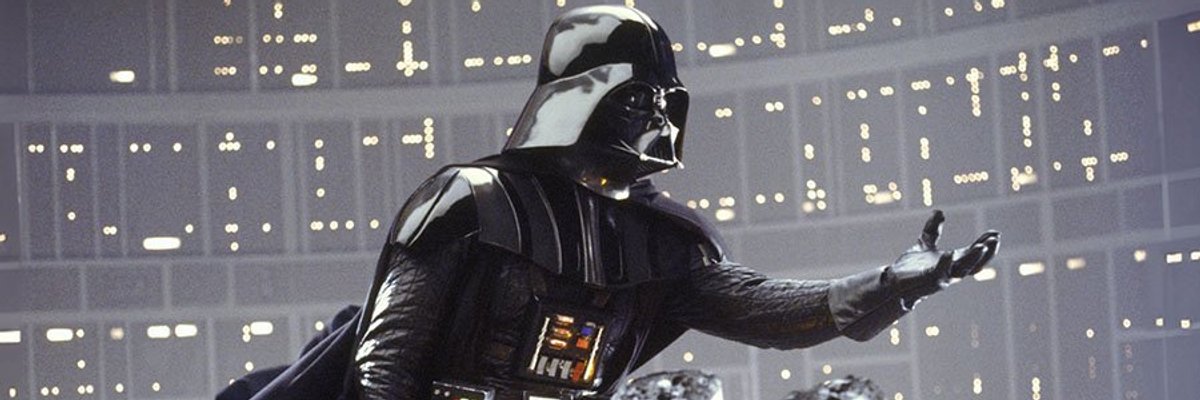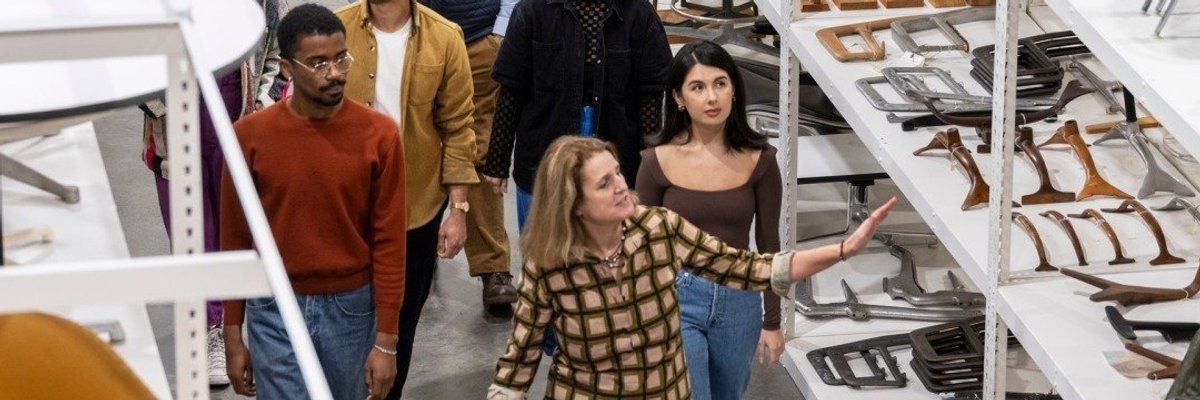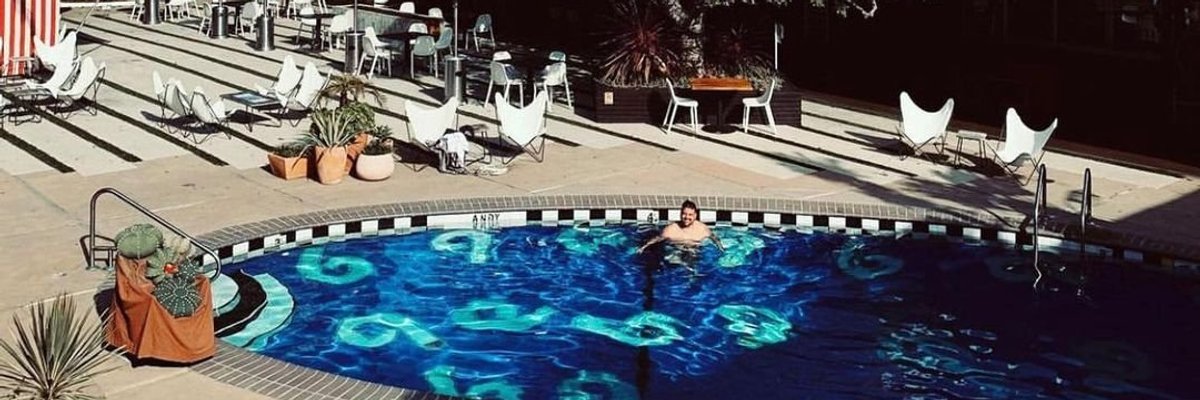Djo Tunda Wa Munga didn’t have to return to the Democratic Republic of Congo, where he was born and spent the first nine years of his life, to make his terrifically entertaining feature debut, Viva Riva! In fact, filming the erotically charged film noir, which he likens to the movies of Quentin Tarantino and True Romance director Tony Scott, might have been easier if he’d stayed in Belgium, where a cinema workshop Munga attended in 1993 inspired him to enroll in film school.
Yet Munga, 38, didn’t choose the path of least resistance, which would have meant staying in Europe or relocating to America, where he could have become involved in thriving film industries and sought out star-power names to prop up his inaugural movie. Instead, he returned to Congo, hoping to, as he puts it, “empower the country.”
“There is no money being put into education [in Congo],” he says, lounging in a darkened auditorium at Landmark’s Embarcadero Center Cinema one sunny morning. “When I graduated from film school, the country was in such terrible shape, but my conscience that told me I had a commitment to fulfill there.
“I didn’t have to. I didn’t sign anything, but that sense of responsibility was still there. You ask yourself, do I have to respond to that, or should I just walk away? I responded. I always had the option to leave if things didn’t go well. I could always go back to my old job, driving around at night and delivering newspapers.”
It was 11 years ago that Munga brought one of his early short films to the Toronto Film Festival, where Riva! debuted last September, and the experience taught him a simple but invaluable lesson – that international audiences would respond to powerful stories, no matter the language in which they were told, or where they were set. More than a decade later, that experience influenced the up-and-coming writer-director’s decision to go home again.
“I didn’t need to be in America or Europe,” he says. “I could be right around the corner in Kinshasa, make a nice story there and find an audience for it. Certainly, the scale of the audience is not the same, especially if you shoot in French or in English, but that’s not important to me.
“If I get enough people to watch my film, and enough money to make another, I’m happy. I don’t need more than that. When I went back, the country was in terrible shape, but it was also inspiring. As a filmmaker, you need challenges to get your blood flowing, to stimulate your creativity. Congo gave that to me.”
Riva! is the first film made in Congo in 25 years, the first Congolese feature in the native Lingala language, and the first to be distributed in the U.S. It swept this year’s African Movie Academy Awards, earning six awards including Best Director and Best Film, and even won the 2011 MTV Movie Award for Best African Film.
Because Congo has no theaters – a testament to the legacy of former President Mobutu Sese Seko, who ruled the territory formerly known as Zaire from 1965 to 1997, effectively killing off the region’s film industry in the process – Munga has enlisted the help of the French consulate in Kinshasa, the Congolese capital, to screen his movie.
“There were two theaters in the Kinshasa neighborhood where I grew up,” he explains. “The movies I watched there certainly were an influence. I remember that film with Paul Newman playing Billy the Kid, [1958’s The Left Handed Gun]. And also Cool Hand Luke – Newman plays a man without a future, so he just follows his path until the end to see what happens. That attitude really affected me as a child.
“[Riva!] might seem like movies by Tarantino or Tony Scott, but actually I think we have the same source of reference, which is Sergio Leone. As a Western filmmaker, he brought something very special to the genre. I’ve thought about his work not just on this film but throughout my career. Kinshasa is like the Western world, like Chicago in 1930, where everyone has a do-or-die mentality.”
Munga invested that same attitude in Riva, his titular hero, a Congolese smuggler who scores a hefty payday selling gas stolen from a sadistic Angolese gangster. Riva is young, cocky and given to evenings of debauchery funded by his black-market deals. Does he worry about his future, much less César, the merciless crime boss hot on his trail? Not a bit.
“Riva has a self-destructive attitude that’s common not just in Kinshasa, but also Africa in general,” Munga says. “He’s not the guy who’s going to save money and go build a house and live happily ever after. That’s not part of his genetic makeup. He knows he’s going to be ambushed. He has a sense that things can go wrong, but that’s where the self-destructive aspect of his personality kicks in.
“He doesn’t know what’s going to happen next. Once he gets his hands on some money, he gains confidence, and he doesn’t think about the future. Maybe he’ll get more money, or maybe he’ll get shot. In that sense, he’s very much a genre character – in film noir, you have the femme fatale, mysterious and dangerous, and then you have the hero, who’s nothing like the Indiana Jones kind of hero. Morally speaking, his boundaries are never clear, and he pushes them.”
Most of the characters in Riva! are based on people Munga observed growing up in Kinshasa and, much later, as he researched the script for his feature debut.
“In the case of someone like César, you meet a couple generals from Congo, and you get a sense of his character. I read stories about militias who kill and rape in the East, and when you read interviews with the victims, they describe men who didn’t just kill but enjoyed torturing their victims for hours, who took pleasure from making them suffer. That’s César.
“I’ve met Riva, too. Before writing the script, I was doing some journalism work in Congo, where I met smugglers. Their life was going to Angola, stealing gas, taking some beatings from time to time, suffering, bringing the gas to Congo and selling it, getting some money and partying like hell. When they’re broke, they just go back and do it again. For them, it’s not about saving money, building new lives and starting a business. It’s about surviving in the moment.”
Munga says he never intended Riva! as a documentary or even a political statement. He set the movie’s noir-style drama against a social and political backdrop rooted in the harsh realities facing the Congolese, but maintaining a sense of humor about the material, however grim, was always paramount. He wants audiences to be moved, to be repelled by the violence on-screen, but also to experience all the guilty pleasures of a thoughtfully constructed genre exercise.
To that end, he’s succeeded in creating a story universally compelling enough to inspire a proposed remake: Just three weeks ago, Indian producers approached Munga about making a Bollywood version of Riva! Munga doubts there will be much singing or dancing, but if his narrative speaks to people in other countries, he welcomes the idea.
Just don’t expect him to leave his homeland anytime soon. Munga understands there’s more money to be made elsewhere, but he is intent on revitalizing Congo’s long-dormant film industry – thus mending the damage done by Mobutu, whose mess the Congolese will be cleaning up for the next 50 years, the filmmaker says – and telling stories that counter popular misconceptions about the region.
“I worked with journalists, international correspondents who came to Kinshasa, and these guys are freelancers. They are under pressure. When they write a nice story, and approach the region from a different angle, people don’t buy their articles,” he says. “The misconception of Congo makes more money than a proper conception. You need someone very brave to set the record straight.
“The misconception, that the Congolese are thieves, that they are corrupt, that their society can’t function properly, is still dominant, but I hope there are people who are willing to portray the other side of it. Me, I’m not hiding anything – the violence, the stealing, the betrayals and corruption – but I’m putting in all the other elements, the city, the nightlife, the struggle to survive. We need movies that don’t reinforce the notion that the Congolese are useless, and I’m trying to make them.”
Viva Riva! opens Friday at the Lumiere Theatre. For tickets and showtimes, click here.
